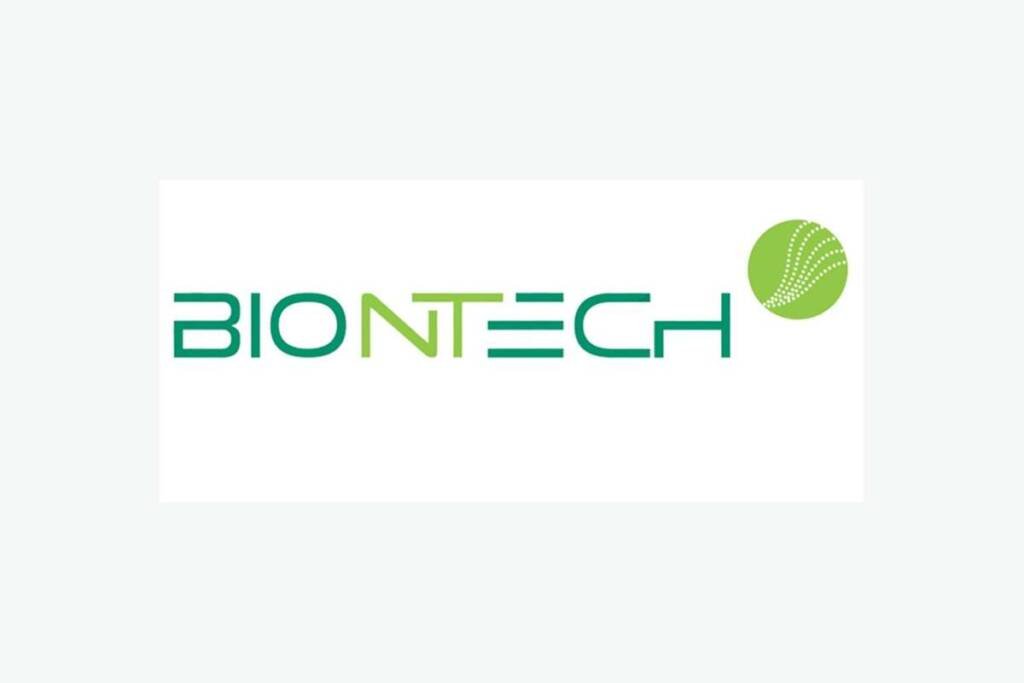The regulatory organization overseeing the German communications sector has accused BioNTech of attempting to evade a public discussion regarding vaccine patents. BioNTech faced this allegation after it urged Twitter to “conceal” its account before an online campaign that targeted COVID-19 vaccine developers in 2020.
In earlier revelations that surfaced in January, details of BioNTech’s interactions with Twitter (now rebranded as X) leading up to the People’s Vaccine Day of Action were brought to light. The Intercept initially reported on emails exchanged between the two companies. One of these emails, sent by a BioNTech communications employee, requested Twitter to hide the account to prevent comments, followed by an internal email among Twitter staff.
The former head of public policy for Twitter in Germany, in the internal email, asked colleagues to monitor hashtags related to the People’s Vaccine and the accounts linked to BioNTech, Pfizer, Moderna, and AstraZeneca. The email highlighted that both BioNTech and the German Federal Office for Information Security (BSI) had approached Twitter regarding the People’s Vaccine campaign. The authorities expressed concerns about potential consequences, including a “flood of comments that may violate terms of service” and the possibility of user account takeovers. The email also mentioned the specific worry of targeting the personal accounts of vaccine manufacturers’ executives.
In line with Pfizer’s stance, BioNTech has acknowledged that it is closely observing expenses as sales of the COVID vaccine decline.
Now, the Deutsche Rat für Public Relations (DRPR), a voluntary self-regulatory body for the German PR and communications sector, has released its interpretation of the events. In response to a complaint involving BioNTech and Twitter, the DRPR conducted an investigation into the actions of both companies and issued a warning about potential breaches of the transparency requirements outlined in the German communication code.
Under the DRPR code, PR and communications professionals “do their work openly and transparently, as far as this is permitted by the legal provisions and the confidentiality obligations towards the respective employer or client.” The code is intended to help the public “classify and weigh up information.”
The DRPR is uncertain about the actual impact of BioNTech’s request. Both Twitter and the BSI did not respond to the regulatory body’s information request, leaving the DRPR unable to determine whether there was a genuine cybersecurity concern or if Twitter acted upon BioNTech’s request. Nonetheless, the DRPR has seen enough evidence to conclude that both companies violated its policies.
Mohga Kamal-Yanni, policy co-lead for the People’s Vaccine Alliance, commented on the DRPR’s action. “Pharmaceutical companies must realize that they cannot shut down criticism when they fail to supply lifesaving medical technologies like COVID-19 vaccines to lower income countries. The companies must publish their full interactions for public scrutiny,” Kamal-Yanni said in a statement.





























